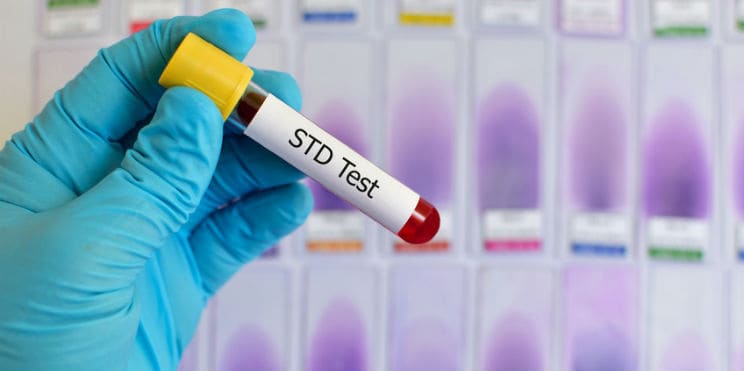Is STD Testing Required for Work Permits?

When applying for a work permit in a foreign country, one of the standard procedures applicants often encounter is medical screening. Among the many questions asked by potential foreign workers and employers is whether sexually transmitted disease (STD) testing is a mandatory part of the process.
The answer depends largely on the country, the type of job being applied for, and the specific immigration or health policies in place. In this article, we’ll explore how STD testing fits into the work permit process and what applicants should be prepared for.
Medical Screening for Work Permits: An Overview
Why health checks are necessary
Most countries require some form of health screening before issuing a work permit. The purpose is to:
- Ensure that incoming workers do not pose a public health risk
- Protect the well-being of the workforce and local population
- Assess whether the applicant is physically fit to perform their intended job
These checks typically include physical exams, blood tests, chest X-rays, and screenings for infectious diseases like tuberculosis or HIV.
Role of government health policies
The scope of medical screening is not uniform worldwide. Some countries have comprehensive health screening requirements, while others only focus on certain diseases. These policies are usually guided by public health concerns and the types of workers being admitted.
Is STD Testing Always Required?
Depends on the destination country
In many countries, general STD screening panels are not a universal requirement for all work permit applicants. However, there are exceptions. For instance:
- Singapore: Work permit applicants, especially for domestic work or healthcare roles, undergo a medical examination that includes testing for HIV but typically not for a full panel of STDs unless clinically indicated.
- Gulf countries (e.g., UAE, Saudi Arabia): HIV testing is mandatory, and a positive result may lead to visa denial. Some may also test for syphilis or hepatitis, depending on job type.
- United States & Canada: STD testing is not typically required unless linked to specific visa categories or if the applicant is displaying symptoms during a medical exam.
Employers or specific job sectors may have their own additional screening requirements that go beyond government mandates.
Industries Where STD Testing May Be Required
Jobs involving close contact or health services
Some roles demand a higher level of health clearance due to the nature of the work. These include:
- Healthcare workers
- Elder care or childcare providers
- Food handling staff
- Domestic helpers
For these jobs, employers may require an STD test as part of a more extensive pre-employment screening to ensure safety and hygiene standards are met.
Private employer policies
Even in countries where STD testing isn’t part of the official work permit process, some private employers may still request it, especially for live-in roles or long-term contracts. In such cases, the employer usually bears the cost and must obtain the worker’s consent before proceeding.
Privacy and Consent in Medical Testing
Medical ethics apply
Regardless of country or employer, medical tests, including STD screenings, should only be conducted with informed consent. Workers have a right to understand what tests are being performed, why they are needed, and what the potential outcomes might mean for their employment or immigration status.
Confidentiality is key
Employers and clinics must handle results with confidentiality. In many countries, disclosing personal medical information without consent is a violation of privacy laws. If you’re concerned about your rights, it’s a good idea to consult local labour laws or seek guidance from legal aid organisations.
What to Expect During Screening
Common components of a work permit medical exam
While not always including an STD panel, most medical check-ups for work permits generally include:
- A physical examination
- Blood tests for infectious diseases (often including HIV and hepatitis)
- Chest X-ray (primarily for tuberculosis)
- Urine sample tests
Some clinics may offer additional testing packages if requested by the employer or individual, such as cholesterol levels, diabetes screening, or even mental health assessments.
Conclusion
So, is STD testing required for work permits? The short answer is: it depends. While not universally mandatory, STD testing, particularly for HIV, is often part of the screening process in certain countries and job sectors. In many cases, a full STD test panel is not required unless the job involves healthcare, food handling, or close personal contact.
Understanding the specific requirements of your destination country and potential employer can help you prepare in advance. Always ensure you know what’s involved in your medical screening and feel empowered to ask questions or seek support if needed.
After all, navigating the work permit process is not just about securing employment, it’s about doing so in a safe, informed, and respectful way.
